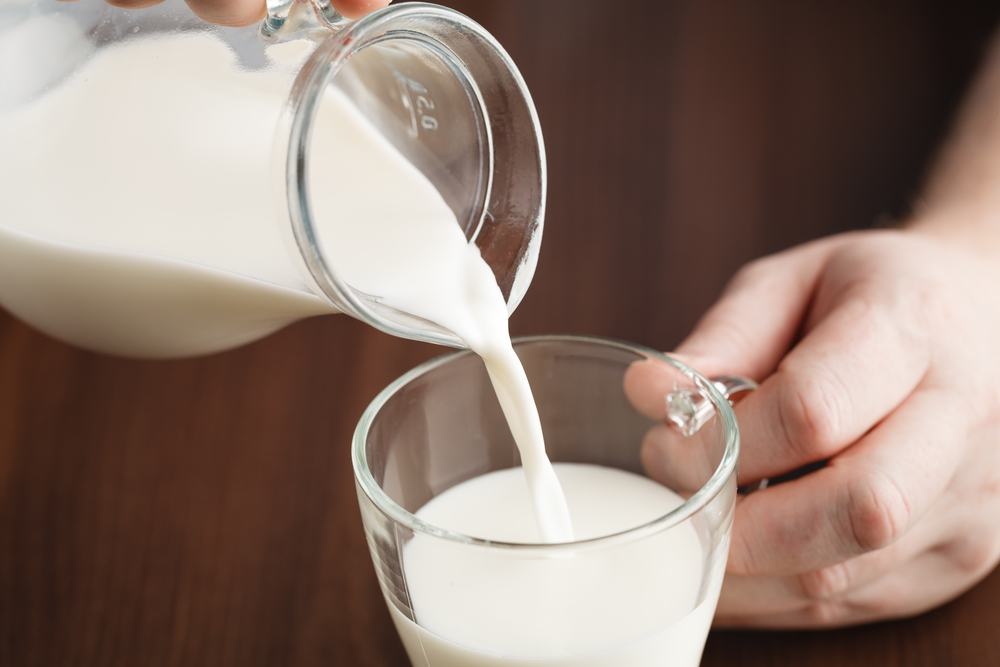Contents:
- Medical Video: Smoking may increase kidney disease risk in African-Americans
- The heart and kidneys work together to maintain the good functioning of the body
- Why can you get heart disease if you already have kidney failure?
Medical Video: Smoking may increase kidney disease risk in African-Americans
One chronic disease whose incidence rate is estimated to increase every year is chronic kidney disease, aka kidney failure. But do you know if you suffer from chronic kidney disease, you are at higher risk of heart disease? Yes, even heart disease is the most common cause of death among people who suffer from kidney failure. How come?
The heart and kidneys work together to maintain the good functioning of the body
The heart pumps oxygenated fresh blood to all parts of the body to ensure that every cell, organ, and system in your body can function properly. To carry out its duties, the heart depends on blood vessels. Together, the heart, blood, and blood vessels form a system called the "cardiovascular system." Think of this as a delivery system. The delivery system transfers blood from the heart that carries oxygen and nutrients throughout your body and also takes waste products so that your body can get rid of it.
The kidney is one of the organs that receives fresh blood intake. The kidneys work to control blood pressure, produce red blood cells, cleanse the blood, and remove waste products and excess water in the body. Without the kidneys, your blood will contain too much waste and water. Without the heart, your kidneys will not have the oxygen that blood needs to do a lot of important work. Without the help of a kidney, the heart will work too hard or not function at all. The cardiovascular system that functions well is important for your kidney function.
Therefore, if your kidneys cannot function normally, this damage can cause heart disease. Having kidney disease can directly affect your chances of developing heart disease. And conversely, having heart disease can also directly affect your chances of getting kidney disease.
Why can you get heart disease if you already have kidney failure?
Kidney disease and heart disease have one thing in common. Both of them came from two main risk factors, namely diabetes and high blood pressure.
If you have diabetes, you have too much sugar in your blood. Having too much glucose in your blood for a long time can damage many organs, including your heart and kidneys. Diabetes causes small blood vessels in the body to get hurt. If the blood vessels in the kidney are injured, your kidneys cannot cleanse the blood properly. As a result, your body will store more water and salt than it should. Diabetes can also cause nerve damage in your body. This can cause difficulty in emptying your bladder. The pressure produced from a full bladder can turn around like a host's weapon and hurt the kidneys.
Likewise with high blood pressure. The high blood pressure you have causes the blood flow to keep pressing on the blood vessel walls. This makes the heart work many times harder to pump blood, which can torture your heart. In the end, high blood pressure can damage blood vessels. Over time, uncontrolled high blood pressure can cause arteries around the kidney to narrow, weaken, or harden. This damaged artery is unable to deliver enough blood to each kidney tissue and filters your blood as well as it should.
Damaged kidneys will also fail to regulate blood pressure. This is because the kidney hormone system that regulates blood pressure, aldosterone, works too hard to increase blood supply to the kidneys. The heart then has to pump more blood, and eventually suffers from an increase in workload - even though it has been burdened by high blood pressure first. High blood pressure makes more and more arteries clogged and eventually stops functioning, so that eventually the kidneys will fail to work. High blood pressure can cause serious heart problems, such as heart attacks and strokes.
If your kidneys do not work properly, the kidneys cannot support other parts of your body properly. This can cause problems with your heart. Chronic kidney disease can cause anemia. If you suffer from anemia, your heart and organs will not get enough oxygen. The heart also has to pump more blood so that the oxygen needs of the organs are fulfilled. This can cause a heart attack. Kidney disease can also cause problems with the balance of the amount of calcium and phosphorus in your blood. If you don't have enough calcium or phosphorus in your body, the main blood vessels connected to your heart can be damaged which can cause a heart attack.












